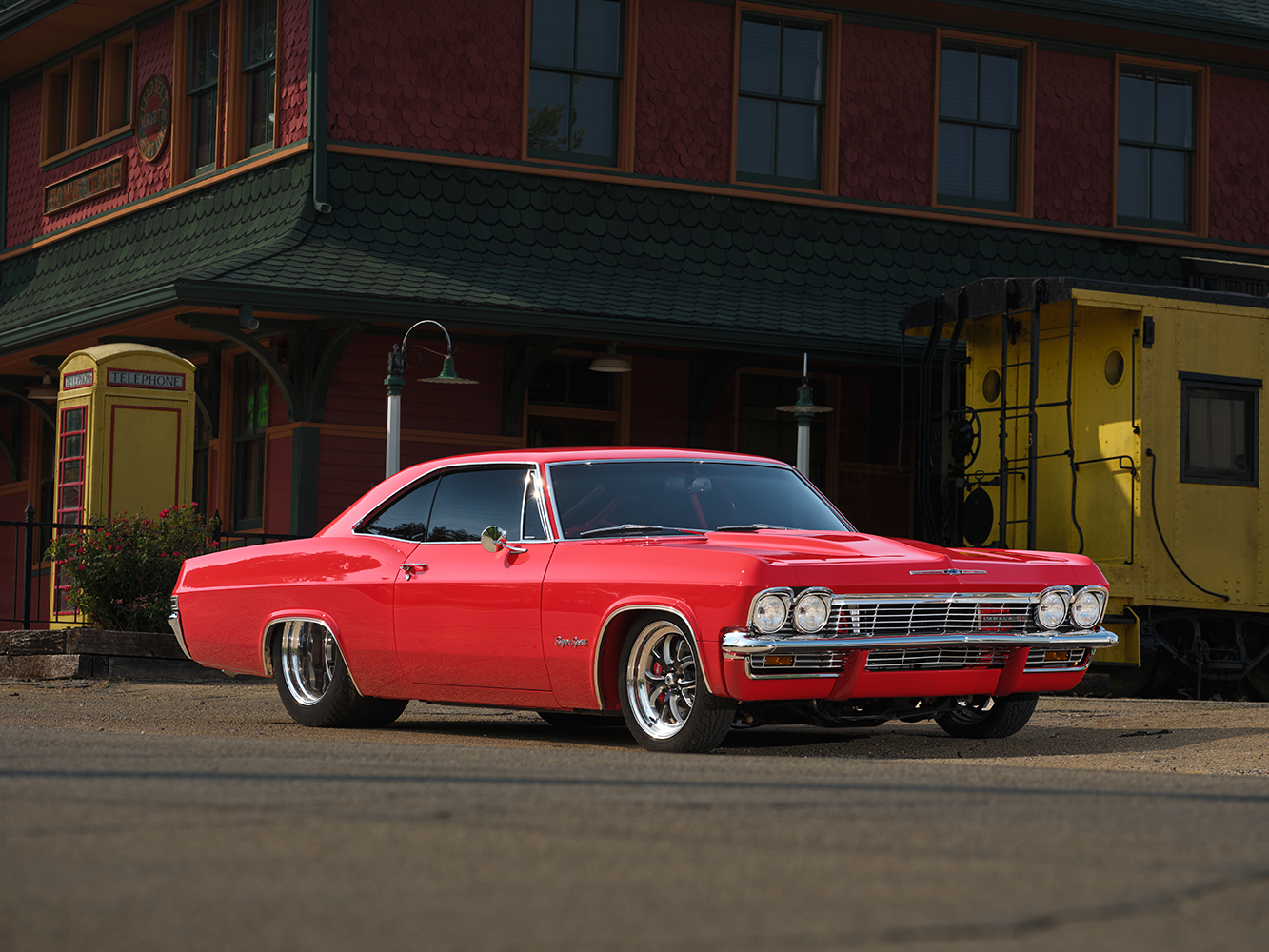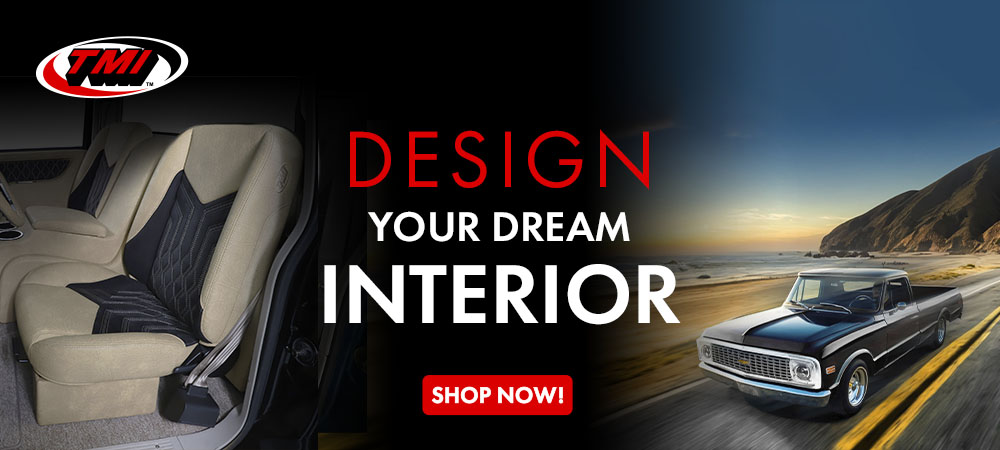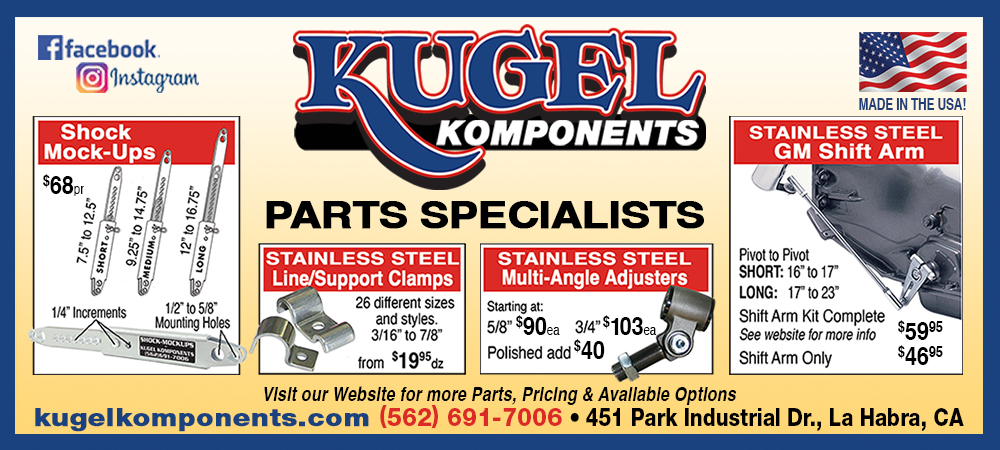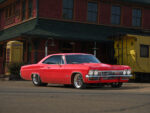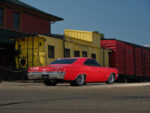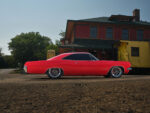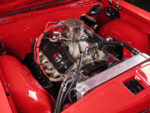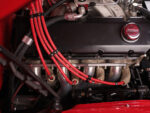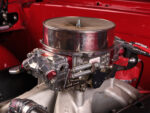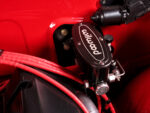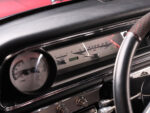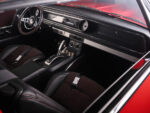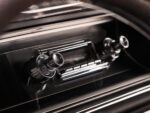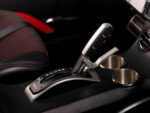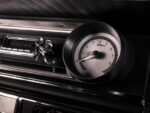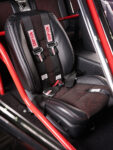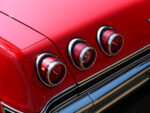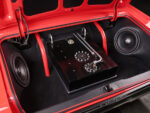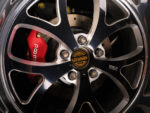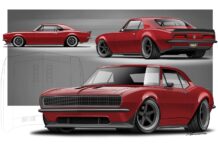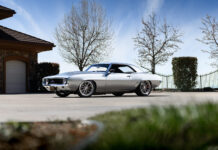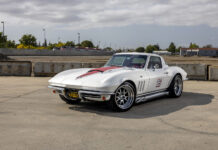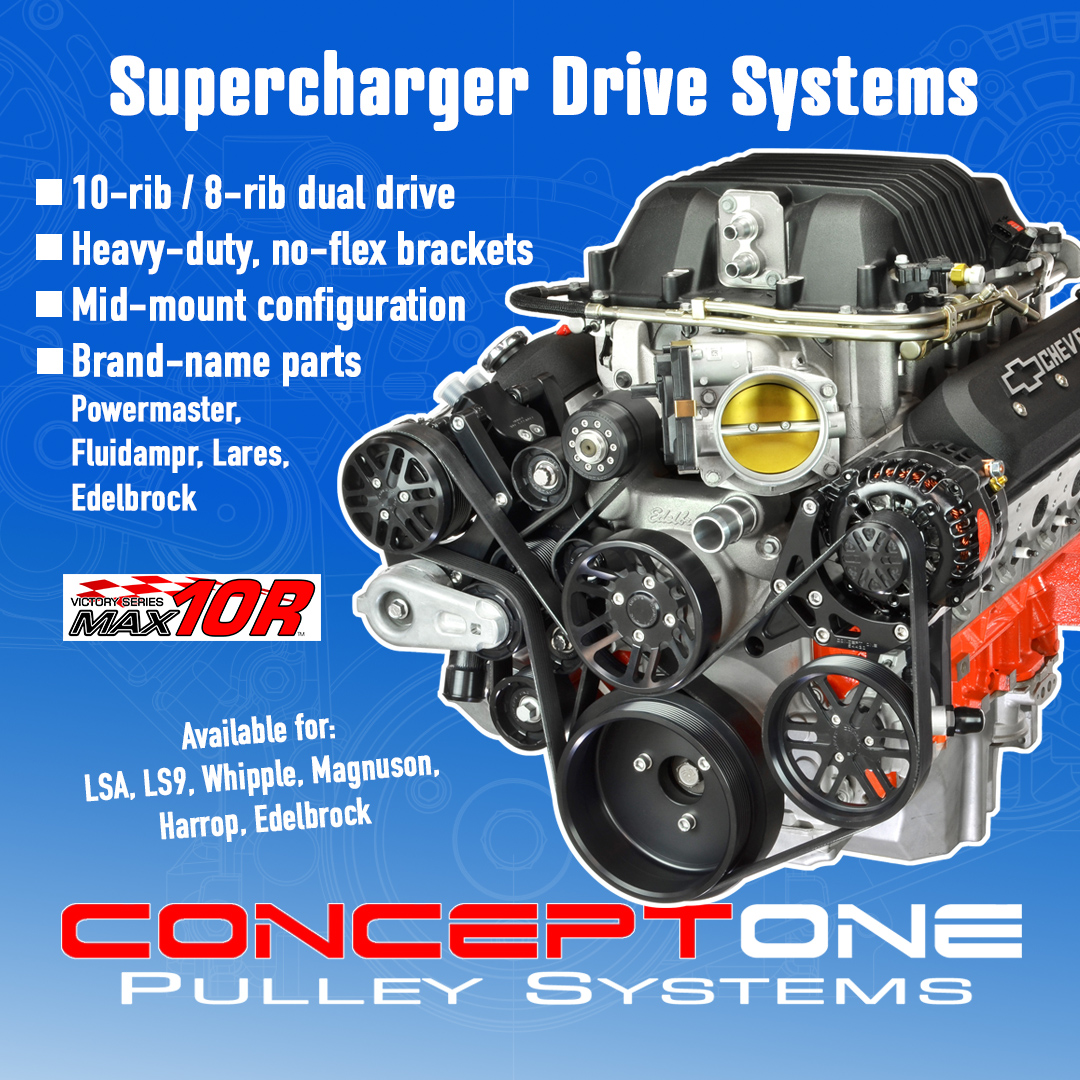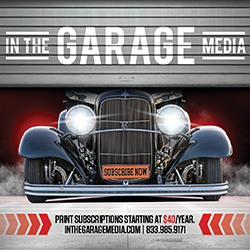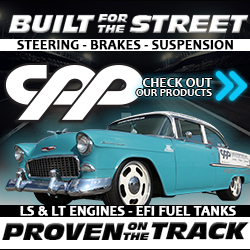By Nick Licata – Images by NotStock Photo
John Trigg got started in the hot rod scene by spinning wrenches on cars back in his teenage years. He and his friends would mess with cars in the garage doing general maintenance and minor upgrades. That early interest in cars developed into a love for the Pro Street scene. “Hot rods and drag cars were always appealing to me, and being as my high school years went down in the late 1980s, my friends and I would spend many weekends at Gateway International Raceway watching drag racing, which is when I became totally intrigued by the Pro Street movement,” John recalls.
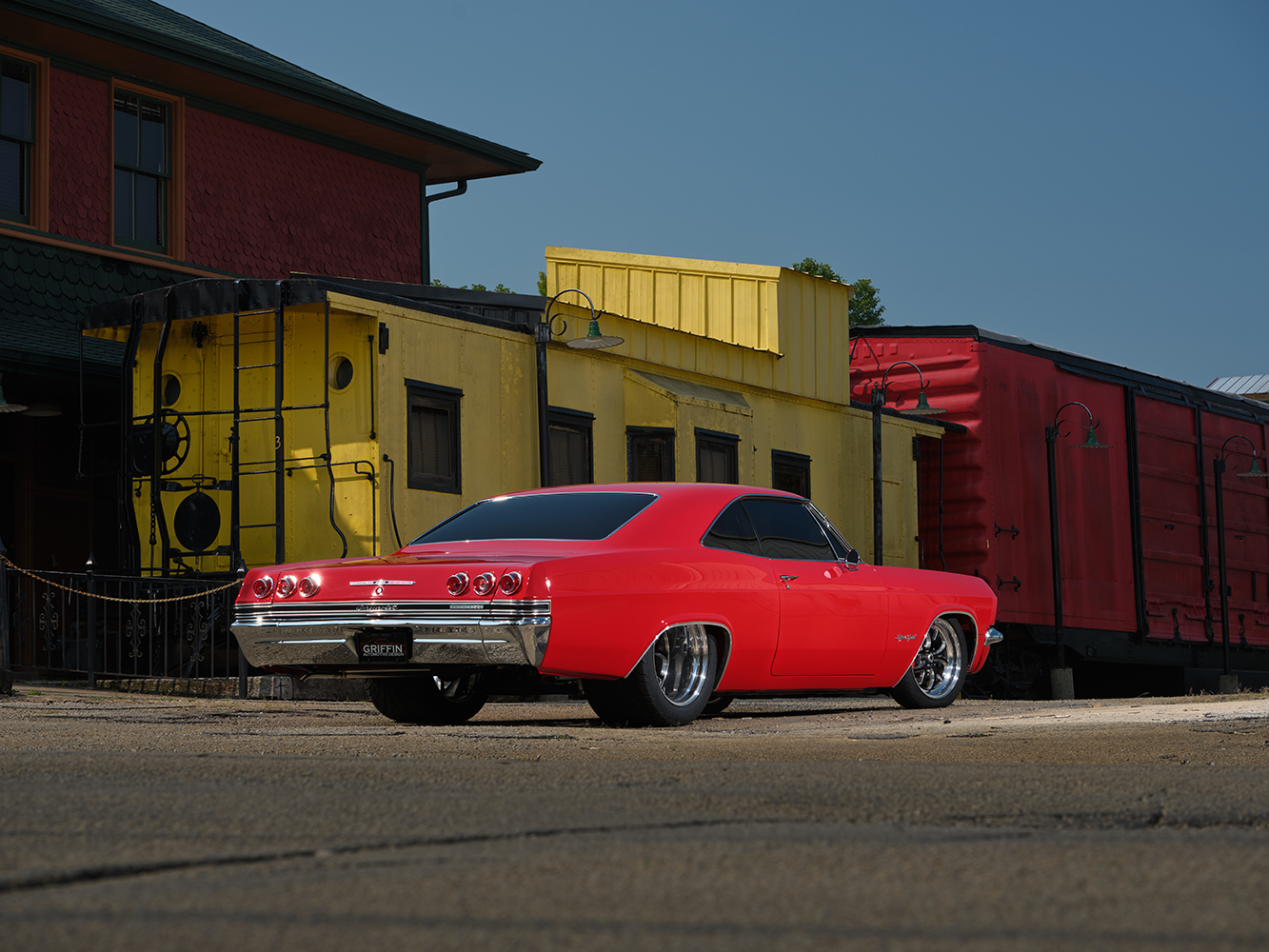
Like many young gearheads, John’s first foray into car ownership was modest. After high school, he drove a 1974 Impala—a street cruiser that was worlds apart from the wild drag cars that lined Gateway’s staging lanes. Still, the influence of those big-tire, big-engine Pro Street monsters left its mark. Owning a kick-ass street machine with a drag racing attitude stayed on John’s mind, even as life took him down a slightly different path of working as a fighter jet mechanic.
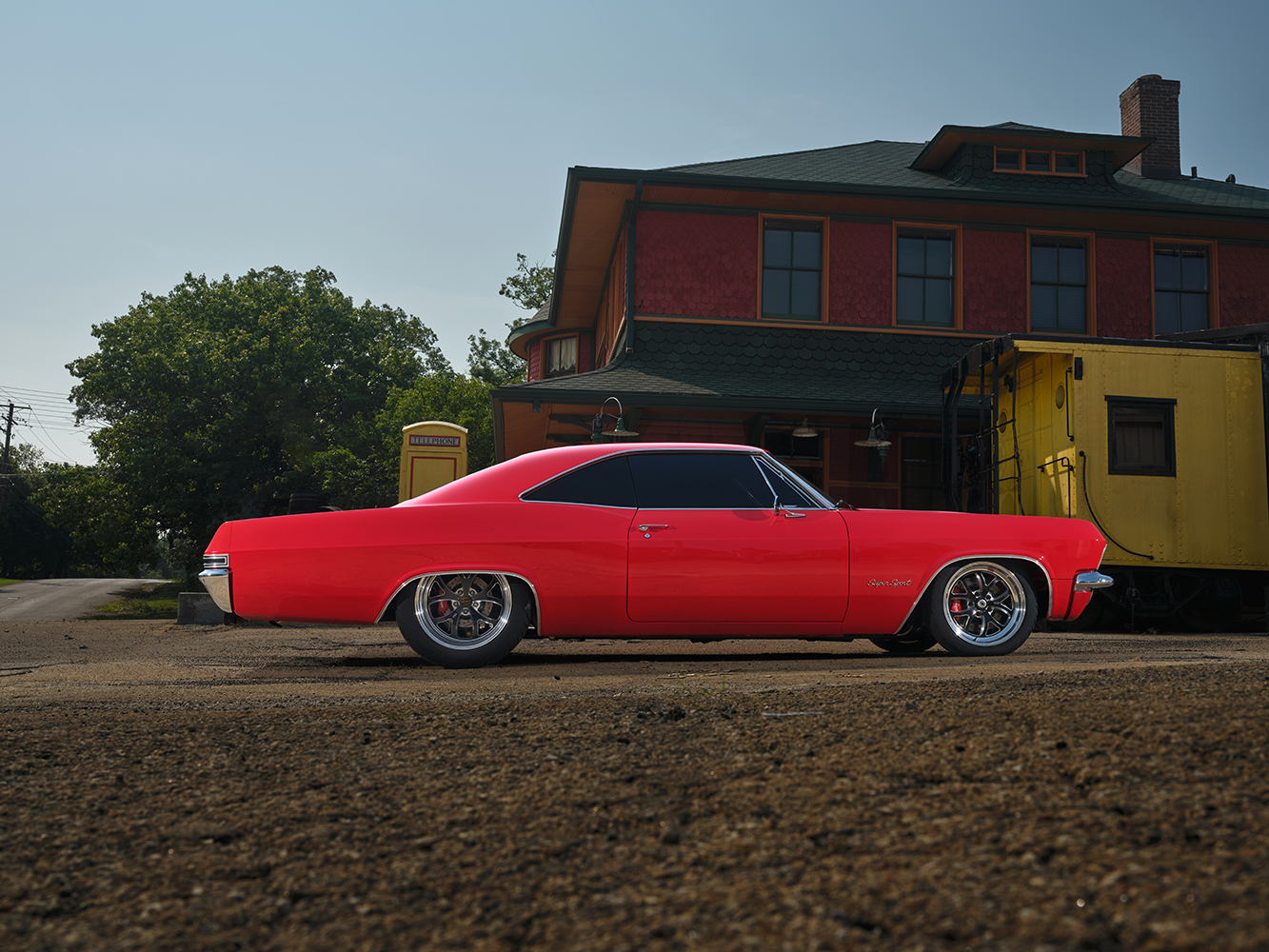
“Not really into the smaller, more popular muscle cars like Novas or Camaros, I’ve always been a fan of big cars,” John explains. “So, when I came across this 1965 Impala SS, back in 2000, I just had to have it.” The car appeared to be in decent shape, sporting a mild 454 and a solid paintjob, so John bought it and cruised it as-is until the engine spun a bearing. That mishap turned out to be the catalyst for what would become a total transformation.
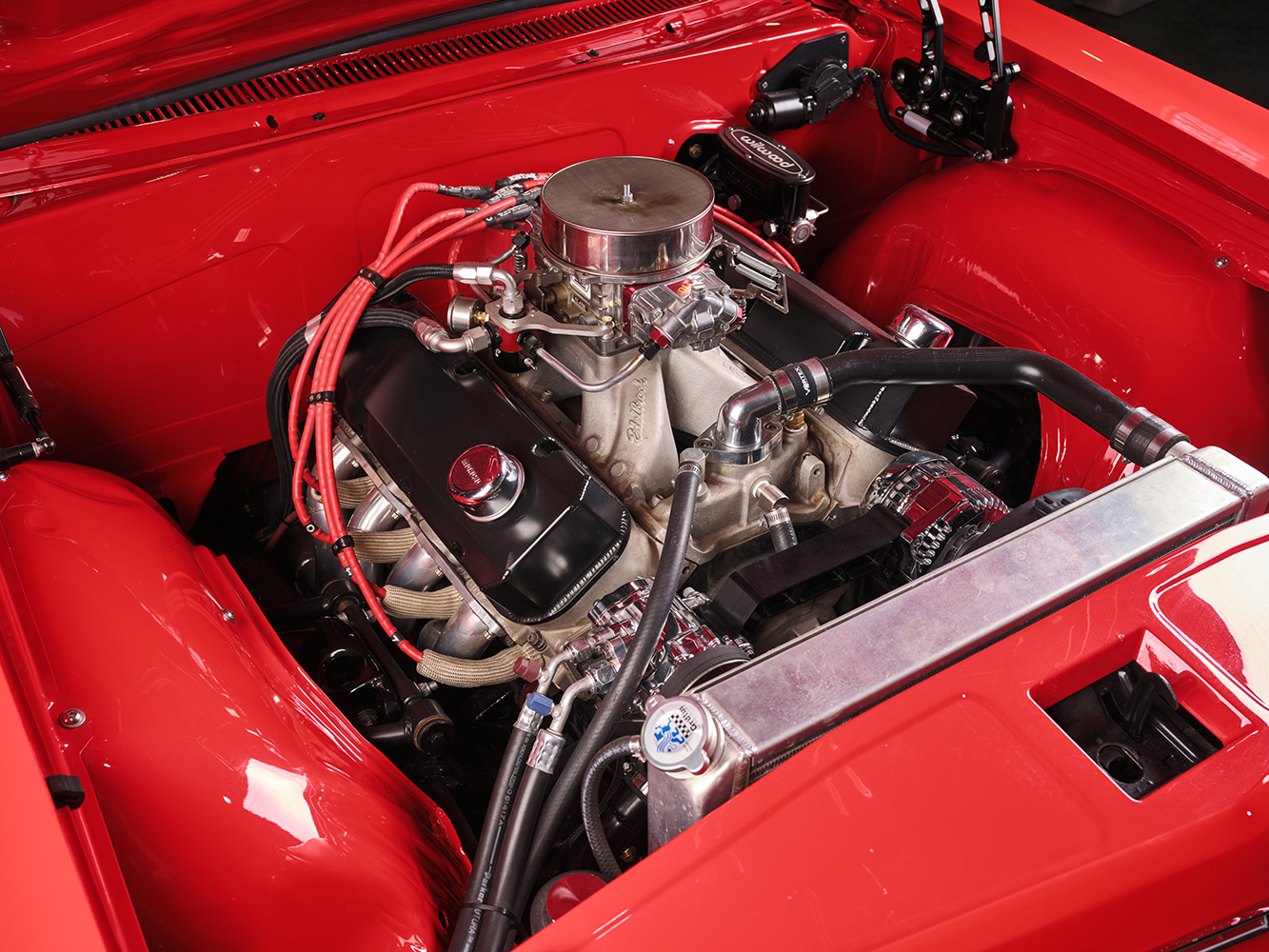
With the 454 toast, John decided to go all-in on a serious power upgrade. “I reached out to Mike Bullock at Bullock Racing Engines and told him I wanted a totally badass drag car that I could also drive on the street,” John says. But Bullock had some words of wisdom that altered the course of the build. “He told me, ‘You don’t want what you think you want. If you really want a car that you can actually enjoy on the street, you’d have to dial it back a bit.’”
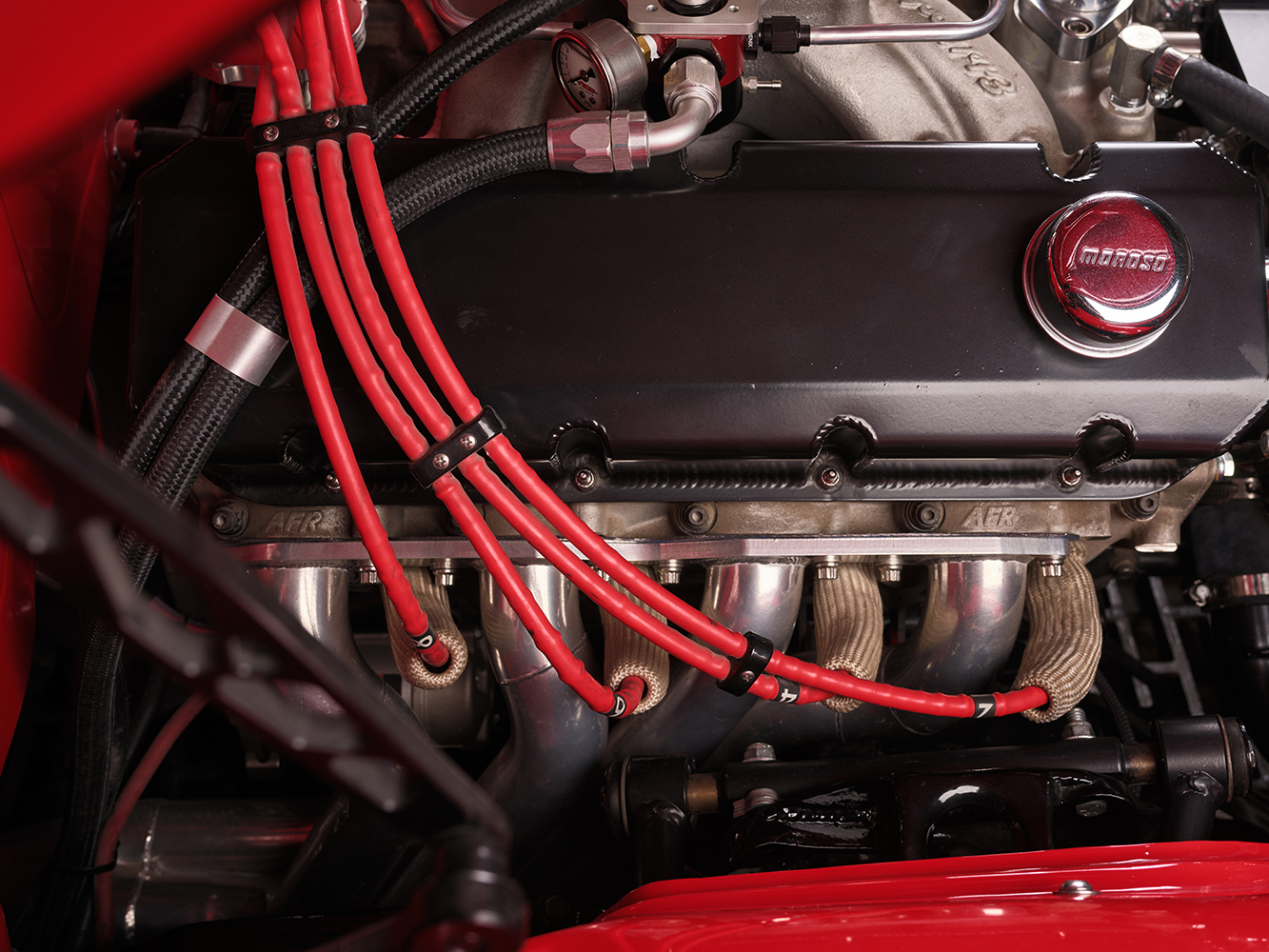
Turns out, Bullock was right. The solution? A more street-friendly yet still-ferocious 540ci Dart Big M–based engine that delivers respectable power without sacrificing streetability. Bullock built a bullet with 14.3:1 compression, AFR 335 aluminum heads, and Quick Fuel 4500 1,050-cfm carburetor that combines for a stout 837 hp. Custom Lemons headers, MagnaFlow mufflers, and a throaty 3-inch stainless exhaust give the Impala a sound as aggressive as its looks.
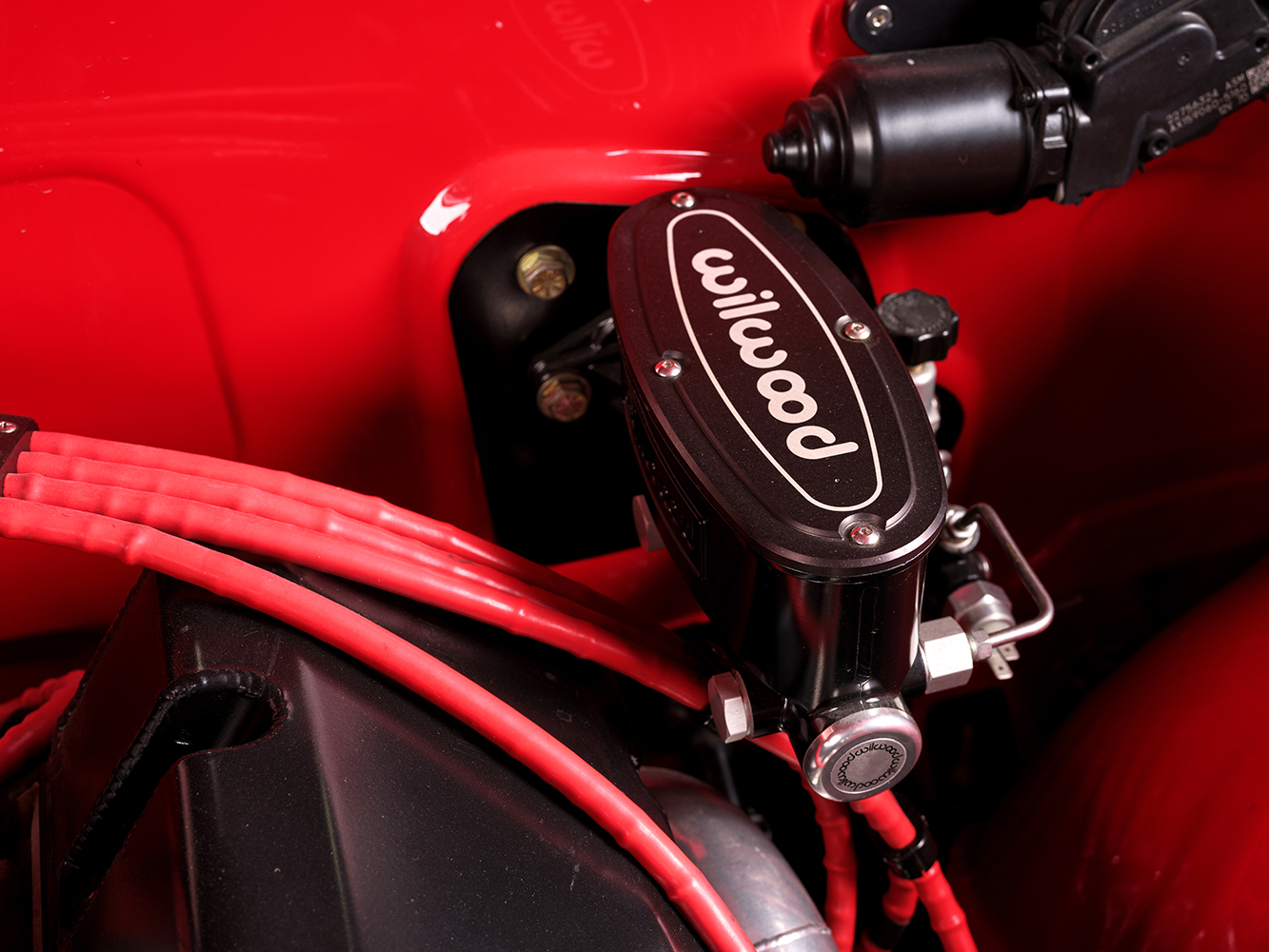
Of course, that kind of power demands a chassis that can handle the chaos, which led John to Griffin Automotive Design in Bonne Terre, Missouri. What began as a few tweaks quickly snowballed.
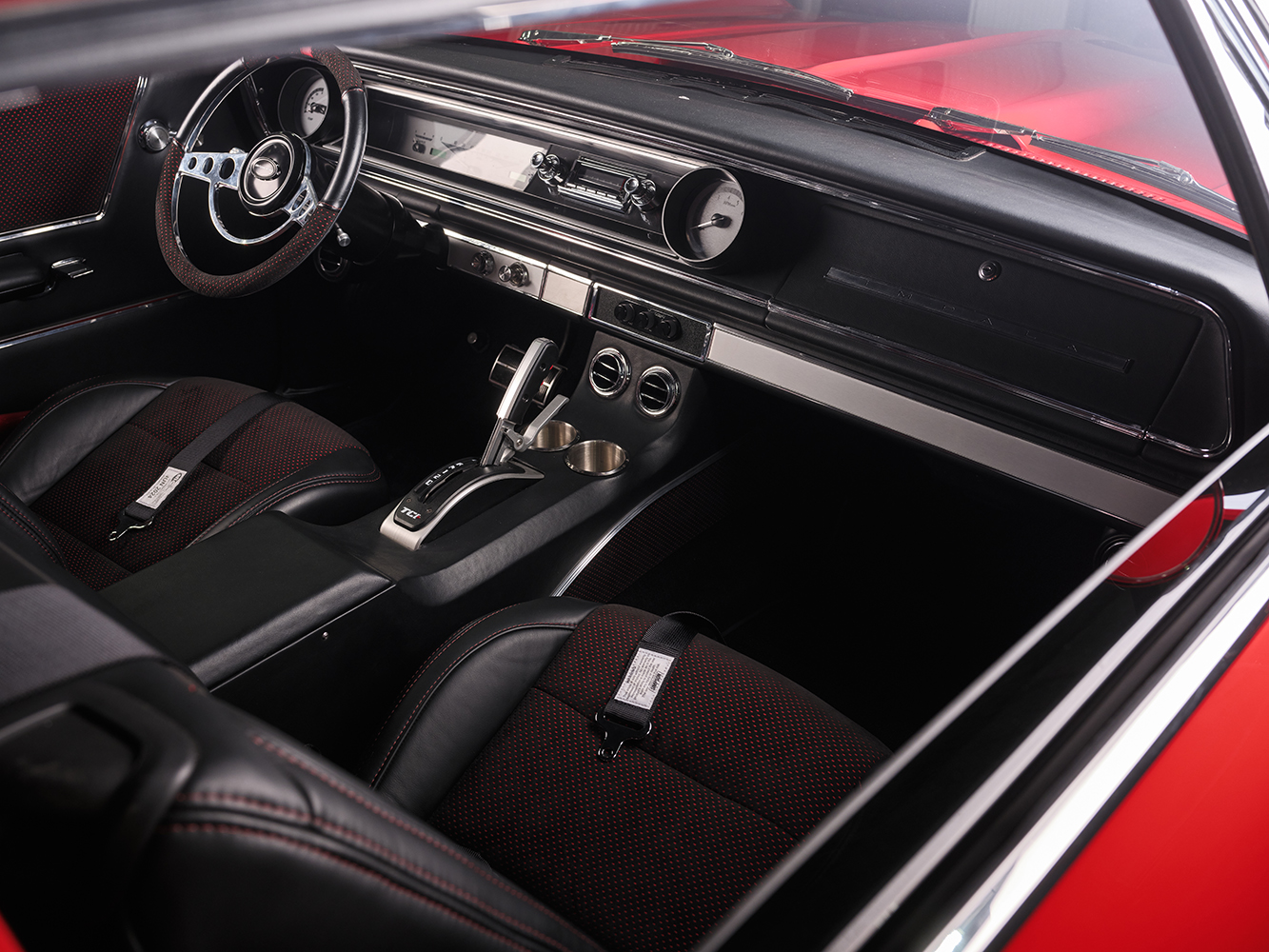
“The idea was just to stiffen up the chassis and make a few frame mods to handle the output delivered by the new engine,” John recalls. But during the process, the crew at Griffin uncovered some major issues lurking under the Impala’s skin. Shoddy bodywork, compromised sheetmetal—it was a classic case of ‘one thing leads to another.’ Before long, the upgrades turned into a full restoration with both quarter-panels and fenders needing replacing along with other bodywork necessary to bring the car up to snuff.
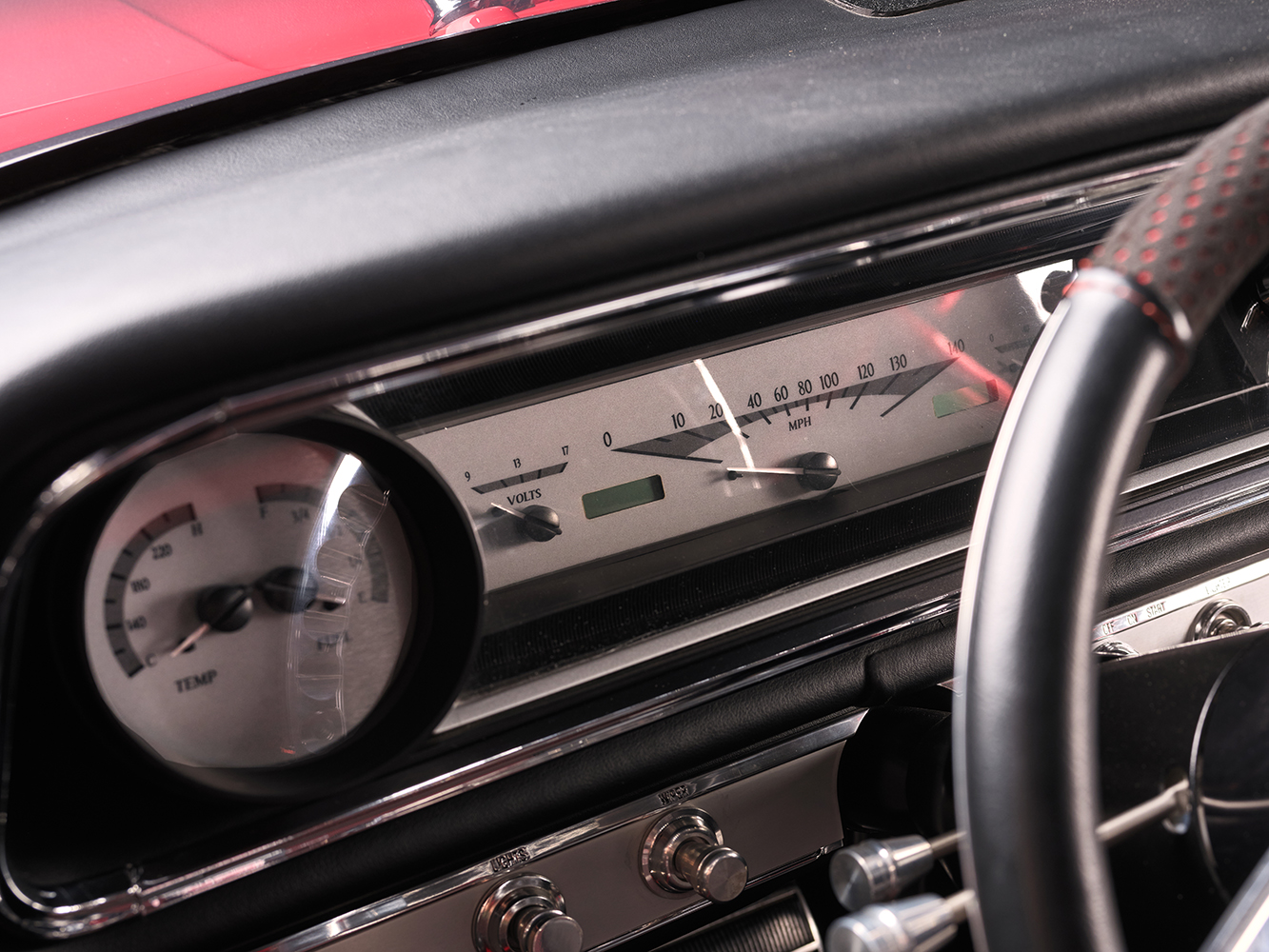
While the body was getting sorted, the Griffin gang also tackled the frame and suspension. The original frame was boxed and reinforced for added rigidity, then narrowed to make room for a set of massive meats out back. The front and rear suspensions were reengineered for maximum handling and traction. Ridetech components up front paired with a custom four-link and Watts link in the rear ensure the Impala hooks up when John mashes the throttle while at the same time possessing the ability to respectfully handle lateral performance when necessary. Strange double-adjustable coilovers all around allow for fine-tuning, while the Hyperco springs keep the heavy Chevy on the level.
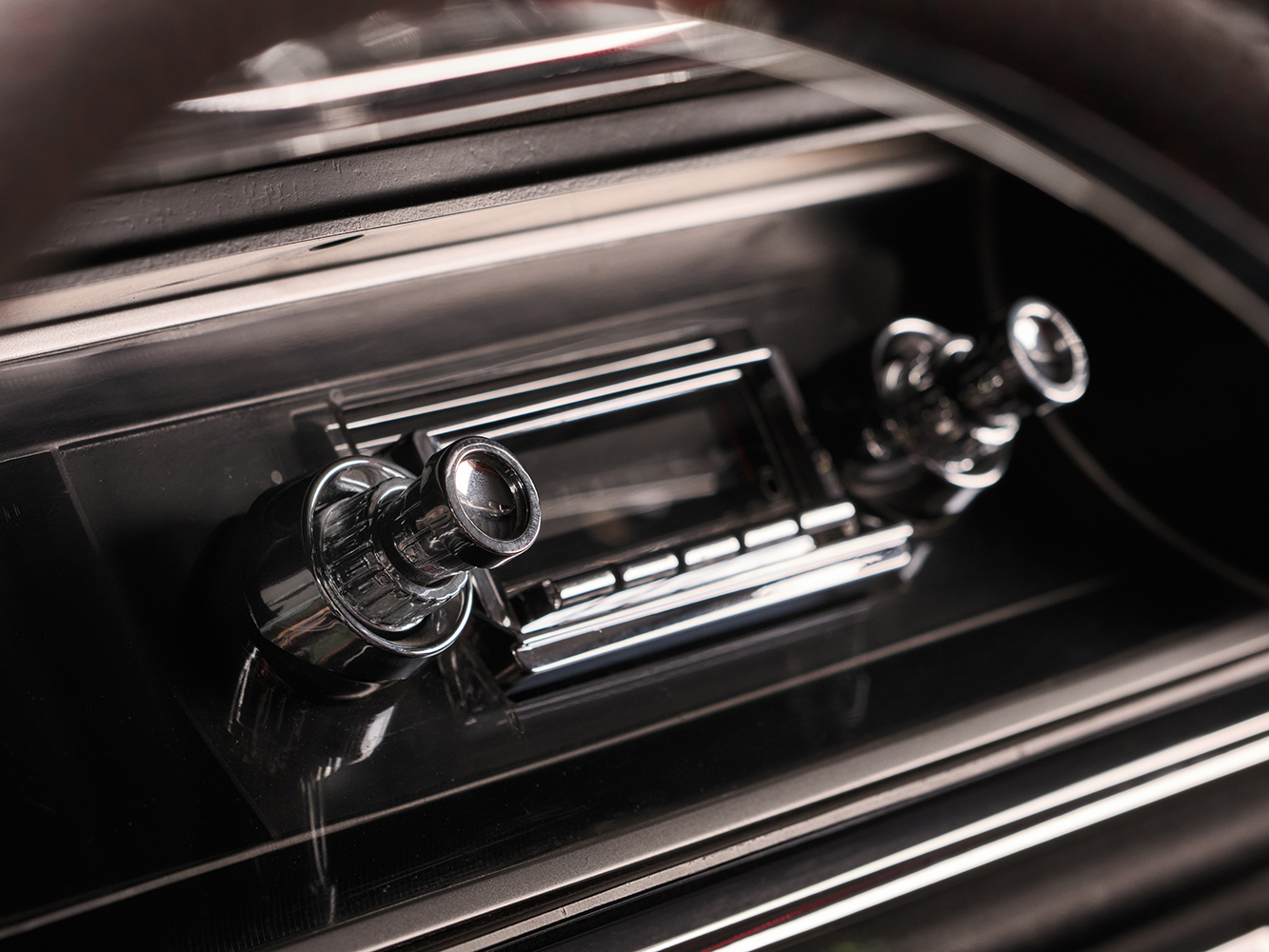
Bringing the 4,000-pound beast to a halt is no small task, but Wilwood brakes with 14-inch rotors and six-piston calipers up front—along with four-piston calipers in the rear—get the job done with ease.
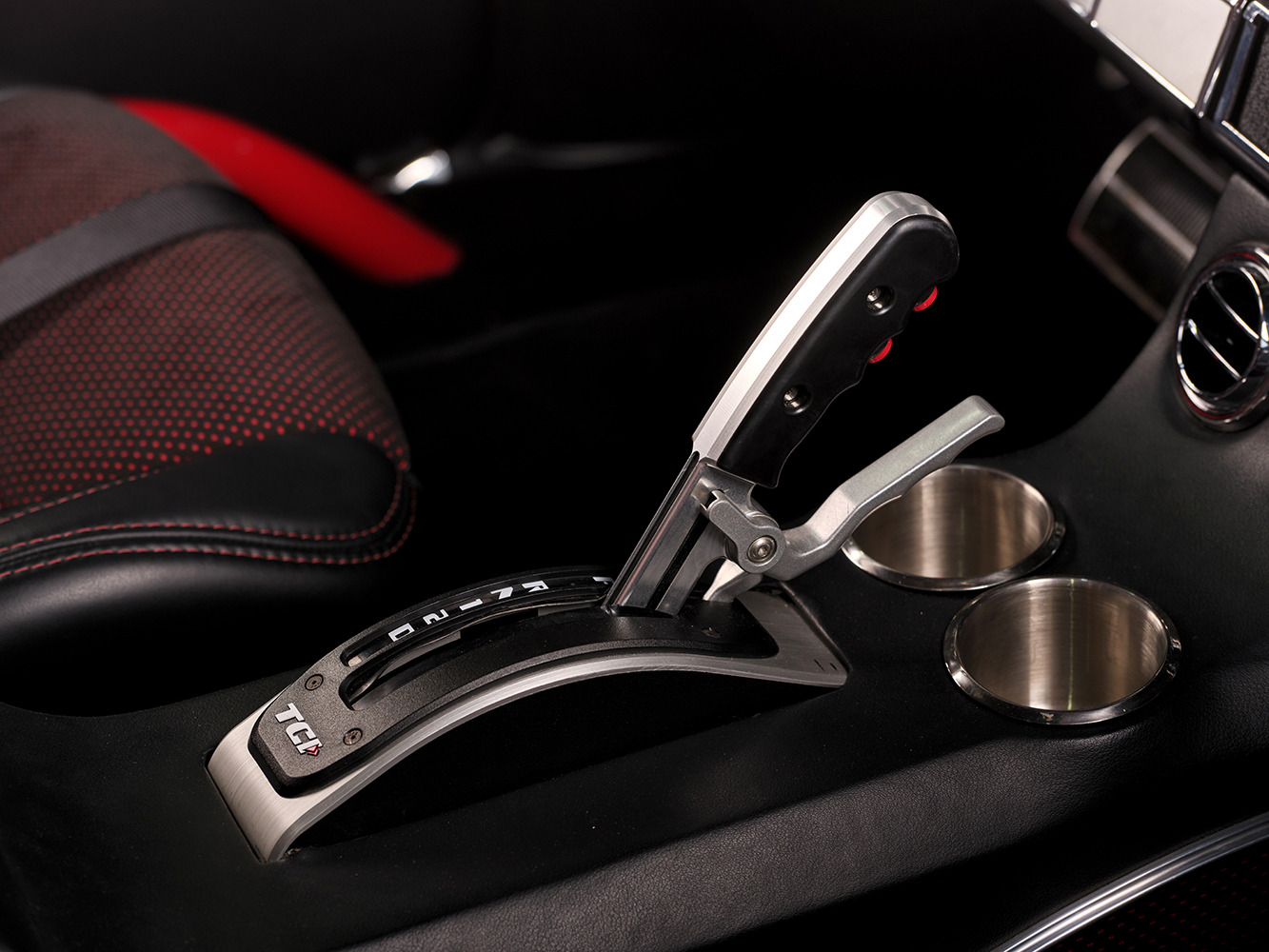
The Impala’s exterior is a textbook example of muscle car style with just the right amount of attitude. Griffin laid down a flawless layer of Axalta Viper Red paint, giving the car a clean but aggressive presence. Weld RT-S wheels (18×5.5 up front and 20×15 out back) wrapped in Mickey Thompson rubber complete the look. Those massive 31×18-20 rear tires leave no doubt about the car’s mischievous intentions.
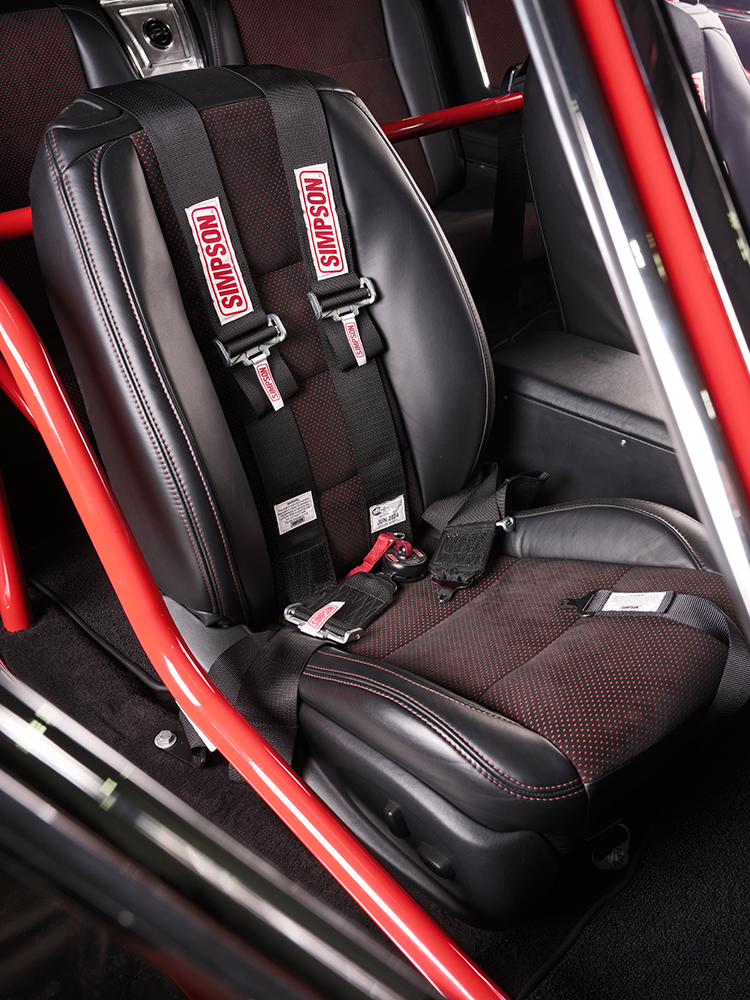
Inside, the Impala blends modern touches with classic style. Modified 2010 Camaro seats covered in black and red leather and Alcantara give the cabin a comfortable, high-end feel. Custom door panels, Dakota Digital instrumentation, and a Vintage Air system bring modern convenience to the otherwise-retro interior. The Griffin gang even installed a six-point rollcage for additional safety and chassis stiffness. A Custom Autosound head unit controls a sophisticated audio system featuring Audio Dynamics speakers and twin 12-inch subs to provide a bass-driven soundwall for rocking on those long road trips.
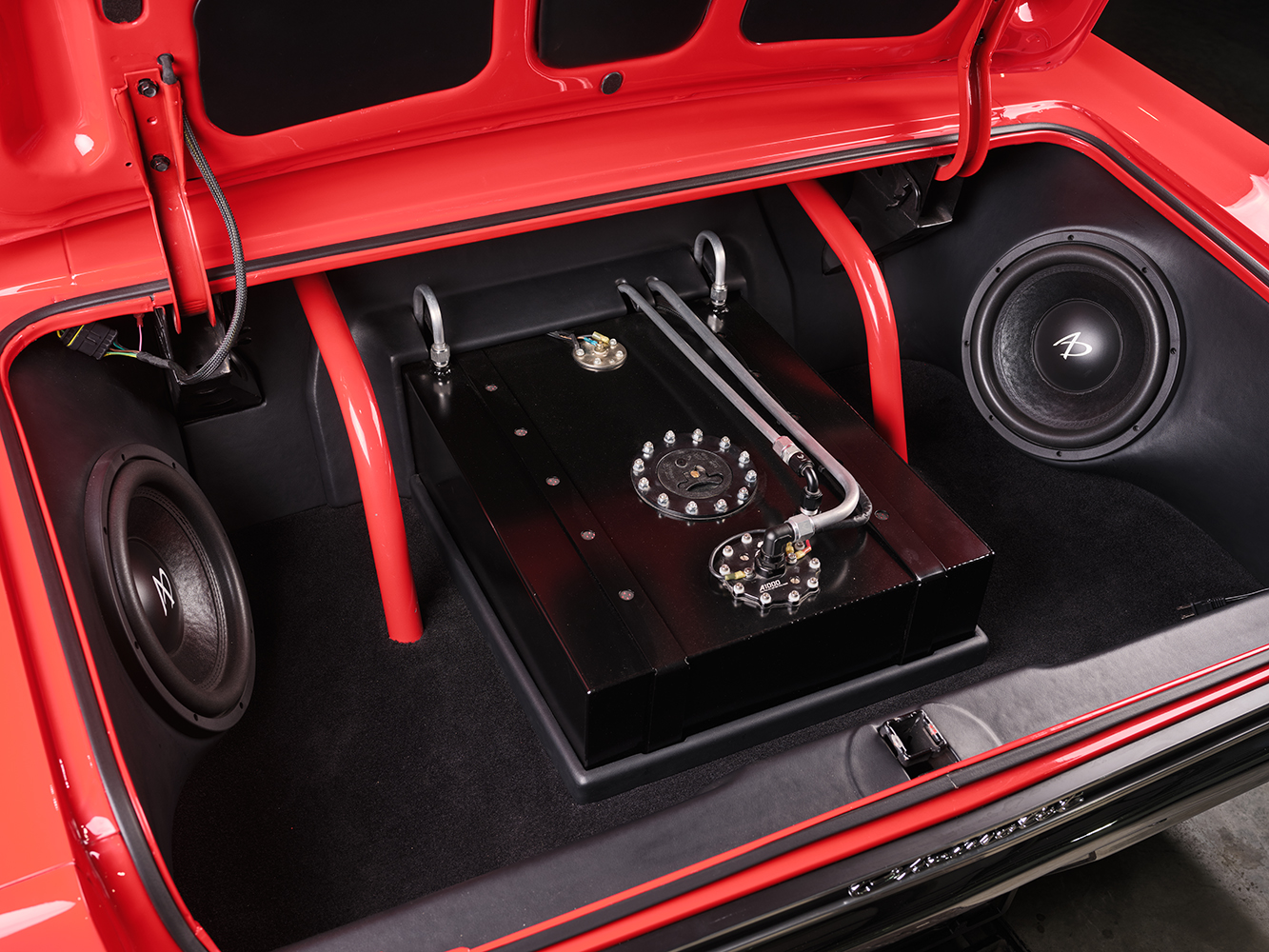
“Looking back on the process, I admit that if I had a chance to do it all over again, I’d start with a solid plan and stick to it,” John says with a laugh. “With that said, Scott Griffin and his crew did an outstanding job and built an absolutely stunning hot rod. You just don’t see many 1965 Impalas on the road these days, especially one built to this extent. It’s got an abundance of power with tons of Pro Street attitude, just like I’ve always wanted.”
![]()
For John Trigg, the dream that began back in the late ’80s has finally come full circle. His Impala is a perfect blend of Pro Street aggression, modern engineering, and streetable performance—a car that turns heads and leaves an impression wherever it goes. From teenage wrench sessions to a fighter jet mechanic, and now to owning a one-of-a-kind Pro Street masterpiece, John’s story proves that patience, persistence, and a love for big cars can lead to something truly special.
Check out this story in our digital edition here.
TECH CHECK
Owner: John Trigg, Florissant, Missouri
Vehicle: 1965 Chevy Impala SS
Engine
Type: Dart big-block
Displacement: 540 ci
Compression Ratio: 14.3:1
Bore: 4.500
Stroke: 4.250
Machine Work: Bullock Race Engines (Somerset, KY)
Assembly: Mike Bullock
Rotating Assembly: Callies crankshaft, Callies H-beam rods, JE pistons
Valvetrain: Ferrea valves, T&D Machine rocker arms, Manley pushrods
Cylinder Heads: AFR 335 aluminum
Camshaft: Comp hydraulic roller (custom grind)
Carburetor: Quick Fuel 4500, 1,050 cfm
Intake Manifold: Edelbrock Super Victor
Exhaust: Lemons headers, custom stainless 3-inch exhaust, MagnaFlow mufflers
Valve Covers: Custom-fabricated Moroso big-block aluminum
Accessory Drive: Vintage Air Front Runner
Ancillaries: Stewart water pump, Griffin aluminum radiator, MSD 6AL-2 ignition box, Mechman alternator, Taylor wires, Billet Specialties hood hinges
Output: 837 hp at 7,100 rpm, 695 lb-ft at 6,000 rpm
Drivetrain
Transmission: GM TH400 Transmissions To Go Stage 2 manual valvebody
Torque Converter: TSI 3,800 stall
Shifter: TCI reverse manual valvebody
Driveshaft: Driveshafts Unlimited
Rear Axle: Fabricated 9-inch by Griffin Automotive Design, 3.73 gears, Truetrac posi, Strange 35-spline axles
Chassis
Front Suspension: Ridetech tubular control arms, Ridetech spindles, Hyperco springs, Strange double-adjustable coilover shocks, Borgeson quick-ratio steering box
Rear Suspension: Griffin Automotive Design (Bonne Terre, MO) four-link with Watts link, Hyperco springs, Strange double-adjustable coilover shocks
Brakes: Wilwood 14-inch rotors, six-piston calipers front, Wilwood 14-inch rotors, four-piston calipers rear, Wilwood master cylinder and proportioning valve
Frame Mods: Boxed and narrowed by Griffin
Wheels & Tires
Wheels: Weld RT-S S76 18×5.5 front, 20×15 rear
Tires: Mickey Thompson S/R 16680 26×6-18 front, Mickey Thompson S/R 6626 31×18-20 rear
Interior
Upholstery: Black and red leather and Alcantara
Carpet: Black Relicate
Door Panels: Custom leather
Installation: Griffin Automotive Design
Insulation: Dynamat
Front Seats: Modified 2010 Camaro
Rear Seats: Factory in custom leather
Harness: Simpson
Rollcage: Six-point chromoly by Griffin Automotive Design
Steering: Ididit steering column, Billet Specialties steering wheel
Pedals: Lokar
Dash: Factory, leather covered
Instrumentation: Dakota Digital
Wiring: Griffin Automotive Design
HVAC: Vintage Air
Control Panel: Vintage Air
Vents: Vintage Air
Entertainment System: Custom Autosound head unit, Audio Dynamic’s amp, speakers, twin 12-inch subs
Installation: Griffin Automotive Design
Exterior
Bodywork and Paint: Griffin Automotive Design
Paint: Axalta Viper Red
Hood: Fiberglass
Grille: Stock reproduction
Front Bumper: Stock reproduction
Rear Bumper: Stock reproduction
Headlights: Retro LED
Taillights: LED Sequential
Plating: Scott Thatch











